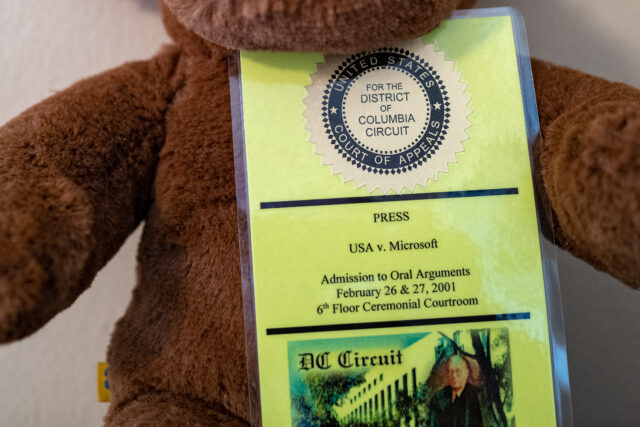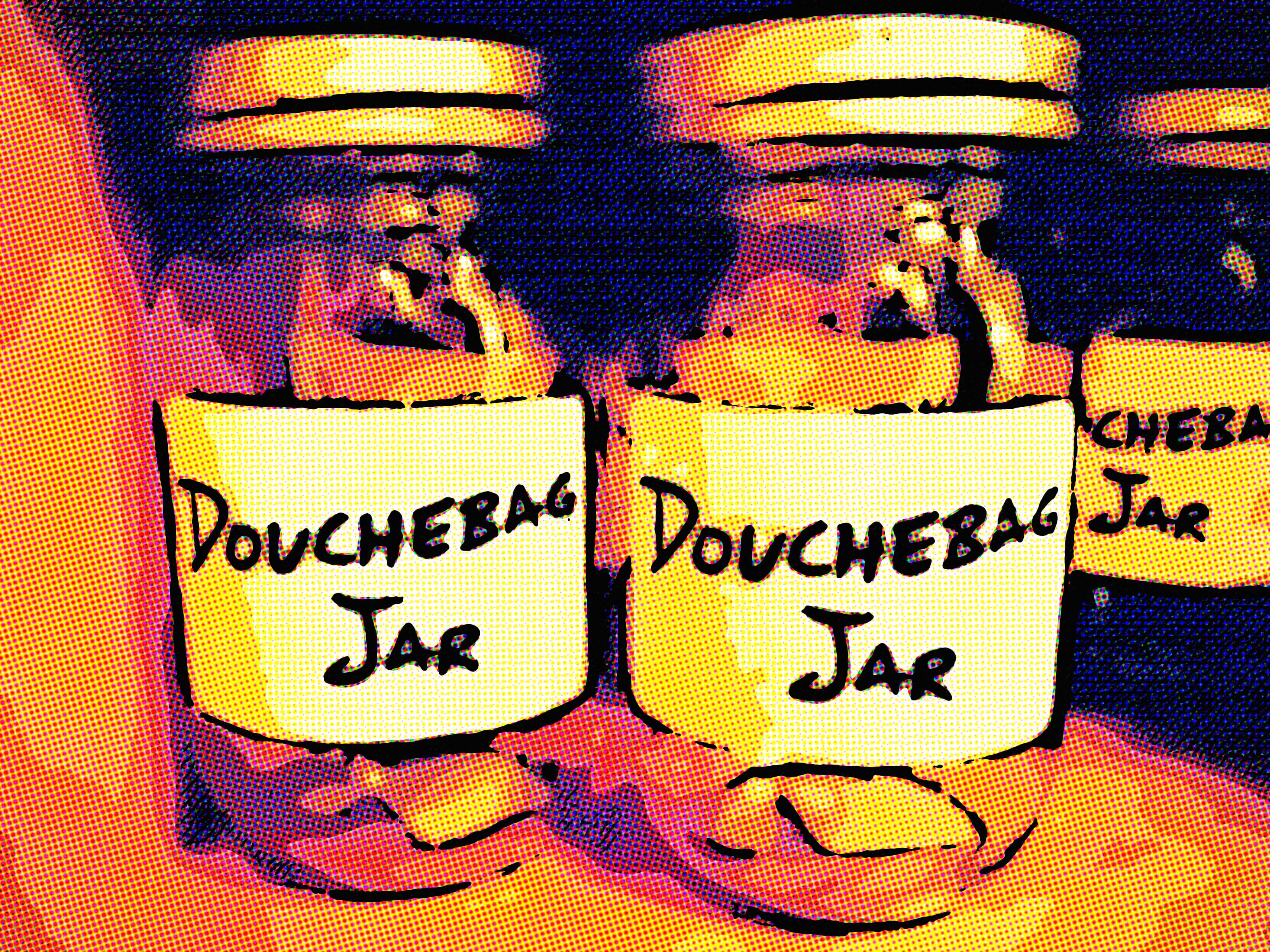Among the major problems with today’s news reporting is sourcing. Writers generate stories from Instagrams or TikToks. They take Reddit posts and treat them as gospel (praise, Jesus!). They second- or third-source from blogs, X-posts, or other news sites. Instead, reporters should source firsthand.
If you don’t directly engage someone, you don’t know what’s true. Hearsay isn’t admissible in court and surely shouldn’t be permissible in journalism. I understand that time is a problem when employers impose quotas in an attempt to pay homage to the Great Google God of search. But that’s no excuse for poor sourcing.











